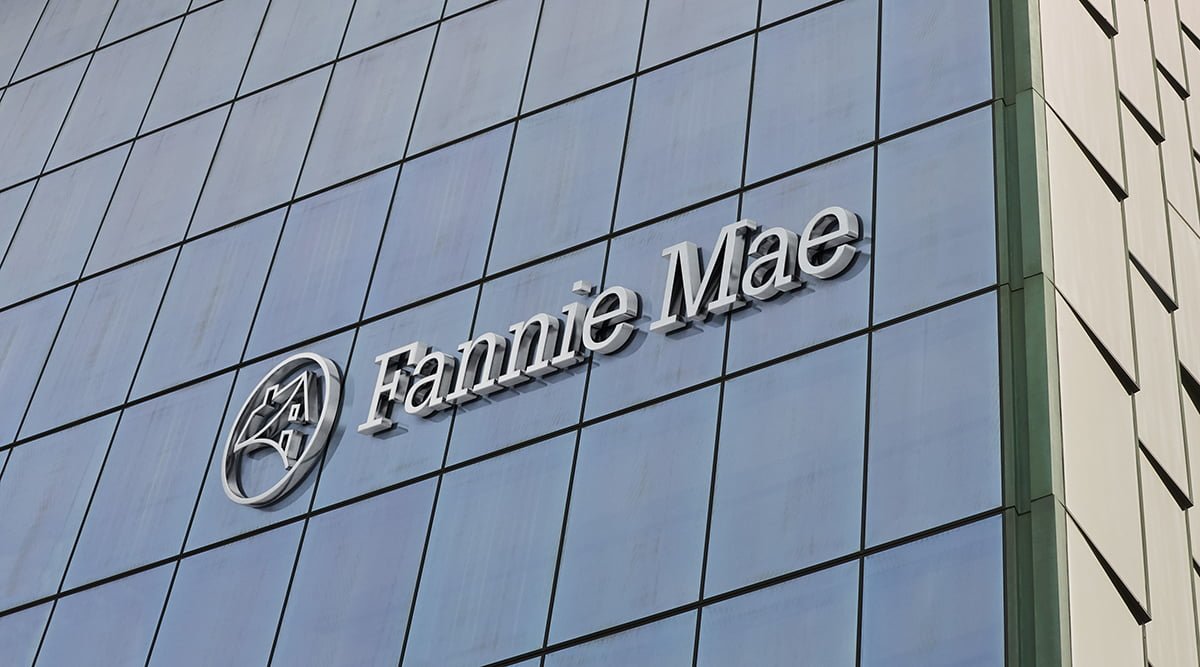Whintey Tilson’s email to investors discussing, “Fannie Mae reminds me of my best investment ever”; Some WeWork board members seek to remove Adam Neumann as CEO; Derren Brown’s ‘secret’ on Broadway.
1) Two and a half weeks ago, we sent out a special buy alert telling Empire Investment Report subscribers to buy shares of mortgage giant Fannie Mae (FNMA).
Q2 hedge fund letters, conference, scoops etc
Fannie Mae and Freddie Mac (FMCC) are the government-sponsored entities ("GSEs") that underpin the debt of the U.S. housing market. Since then, the stock is up 22% – and I think it's just getting started.
This setup reminds me a lot of the single best investment I've made in my career...
I bought more than 1 million shares of mall operator General Growth Properties ("GGP") shortly before it filed for bankruptcy in April 2009.
My average purchase price was just $0.67 a share. By the end of the year, the stock had soared to $11.56 – and I had made more than 17 times my money.
The shares of most companies that file for bankruptcy generally go to zero because they're insolvent, meaning the liabilities exceed the assets – leaving nothing for the equity holders.
But GGP was unusual. Its bankruptcy filing wasn't due to insolvency, but illiquidity. In such cases, the value of the business exceeds the liabilities... But if the company's assets are so illiquid that it can't come up with the cash to repay its maturing debt – and panicked debtholders won't roll the debt forward – a company can go bankrupt.
Just because debtholders force a company to file for bankruptcy, however, doesn't mean they get the company. They're only entitled to earn back the debt plus interest, nothing more. Shareholders get any value beyond this.
Throughout the recession and financial crisis of 2008-2009, GGP's malls continued to generate strong, stable cash flows that far exceeded what it needed to service its debts. Thus, even though the company wouldn't emerge from bankruptcy until November 2010, investors bid the stock up once the panic passed because they could see the value of the underlying business above and beyond its debt.
The higher GGP's stock went, the more valuable it became, because the high share price allowed the company to issue fewer shares to pay down expensive debt, resulting in less dilution to shareholders. It was a wonderful, virtuous cycle.
I think we're at the beginning of a similar virtuous cycle for the GSEs, for reasons I outlined in depth in the September monthly issue of the Empire Investment Report, out last Wednesday. If you'd like to subscribe, click here for a special risk-free offer.
Speaking of Fannie, here's a good Wall Street Journal article about the GSEs: How Once-Doomed Mortgage Giants Gained New Lease on Life. Excerpt:
For years after the 2008 mortgage-market meltdown, Republicans and Democrats agreed on little about what to do with Fannie Mae and Freddie Mac except one thing: Get rid of them.
A Trump administration housing-finance roadmap released last week would do the opposite, allowing the government-controlled companies to remain at the center of the American home-ownership system for years to come. Washington reluctantly recognized the difficulty of replacing institutions that undergird the home-buying market.
The administration's report outlines a path that would return the firms to private ownership but with a government backstop. An envisioned multiyear transition won't have any immediate effect on housing markets, but its impact in the future will turn on many details that remain to be decided.
2) One of my primary predictions about The Whee Company (my new name for it) – that co-founder Adam Neumann will be forced out – may be coming to pass even sooner than I thought. As I wrote last Thursday:
Here's what I predict is going to happen...
- Whee never goes public.
- As the company tries to reduce its catastrophic $1.6 billion annual burn rate to survive, it ceases growth, lays off huge numbers of employees, and tries to sell assets.
- Existing investors, led by SoftBank, wanting to avoid a total wipeout, will throw good money after bad and invest $1 billion or $2 billion in a distressed round that values the company at $5 billion.
- As part of the capital raise, investors will demand that Neumann step down and throw him out.
- None of this makes any difference, and the company files for bankruptcy a year from now.
Sure enough, here's the front-page story in the WSJ: Some WeWork Board Members Seek to Remove Adam Neumann as CEO. Excerpt:
Any attempted coup is a gamble: Mr. Neumann still has allies among the directors and the ability to fire the entire board thanks to shares he controls that carry extra votes. But SoftBank, which has invested more than $9 billion into the company and is represented on the board, has considerable influence too, and We needs the Japanese conglomerate to continue pumping in cash.
For more on Whee, see:
- Is WeWork a Fraud?, ZeroHedge
- WeWork and the Great Unicorn Delusion, The Atlantic
- WeWork Business Model Is Systemic Risk to Economy, Fed's Rosengren Warns, ZeroHedge
- This ridiculous interview with Neumann and his buddy Ashton Kutcher. Excerpt:
Kutcher: "I wouldn't be afraid at all [to invest in WeWork at $47B post-money]... It's extraordinarily reasonable."
Neumann: "Thank you Ashton... a lot of future equity coming [your] way for sure"
3) Yesterday my wife, daughter, and I went to see the "Secret" show on Broadway by renowned British mentalist, Derren Brown.
We were BLOWN AWAY. I've seen a number of magic/illusionist/mentalist shows over the years in New York and Vegas, but this was the best I've ever seen. He's on Broadway until January 4. You can get discounted tickets here. Here's a New York Times article about it: Illusionist Derren Brown to Perform 'Secret' on Broadway .
Best regards,
Whitney






